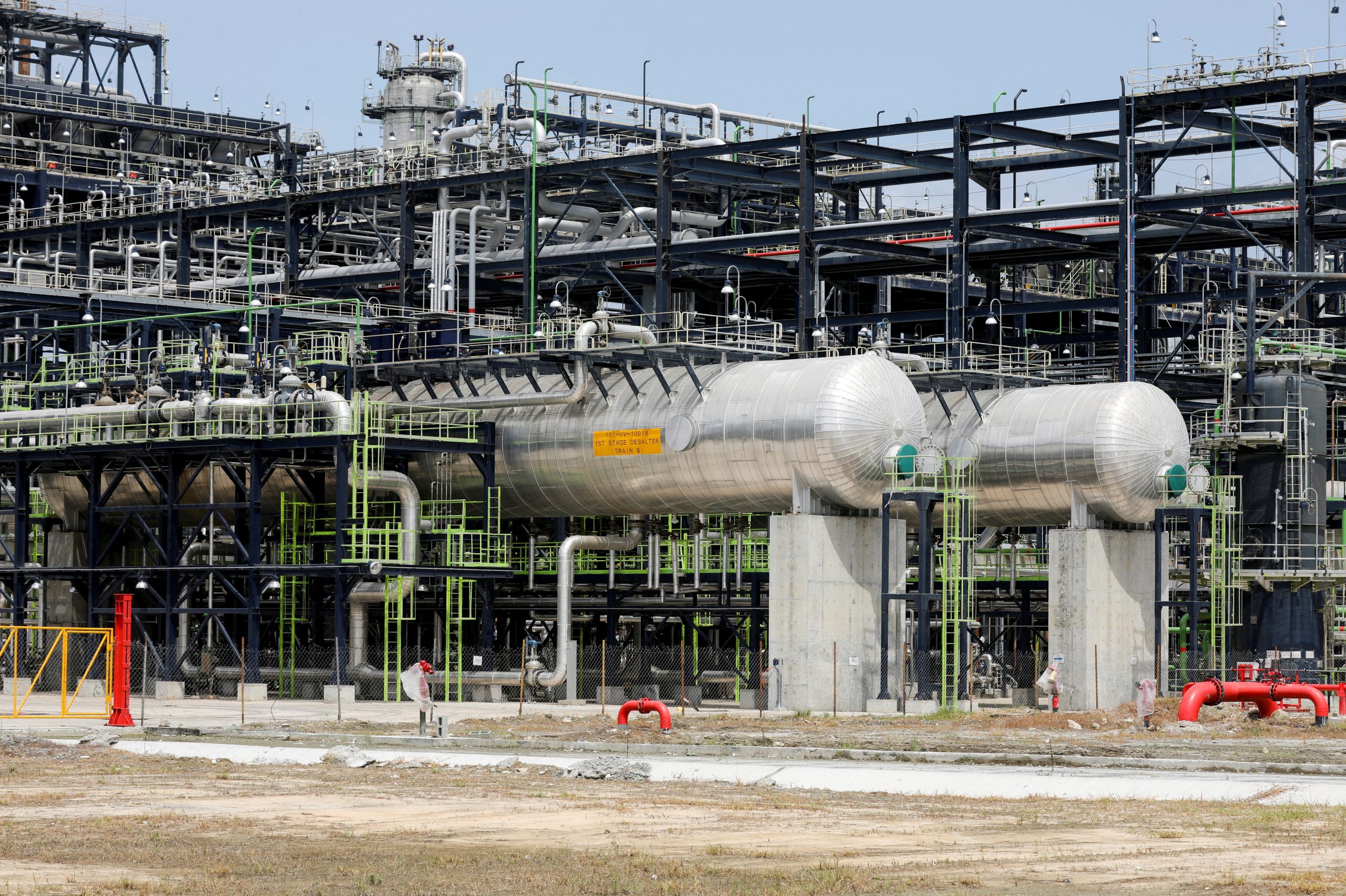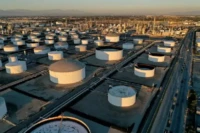On Monday, the cost of loading Premium Motor Spirit (PMS), commonly known as petrol, and other refined petroleum products at depots across Nigeria saw a significant hike, sparking concerns over potential increases in pump prices nationwide. According to reports by The PUNCH, oil marketers have escalated depot prices due to a surge in crude oil prices. Brent crude, a global benchmark, was priced at $79.76 per barrel on the preceding Sunday, marking a clear influence on local depot costs.
The data revealed a consistent pattern of price adjustments at various depots. Swift Depot, for instance, increased its loading price to ₦950 per litre from ₦907 just days prior. Similar adjustments were noted at Wosbab Depot, Sahara Depot, Shellplux, and Chipet Depot, all setting their new prices at around ₦950 to ₦960 per litre. Nipco and Matrix Warri Depots also followed suit with their price increments.
The ripple effect of these depot price hikes was not limited to petrol. Diesel loading costs also saw an uptick. For example, Stockgap Depot raised its diesel price to ₦1,150 from ₦1,080, while other depots like Ibeto, Sahara, and Nipco adjusted their rates to match this new trend, pushing diesel prices up by approximately 5-10%.
The involvement of the Dangote Refinery in this scenario adds another layer to the issue, as marketers buying from this source have also had to increase their selling prices to retailers, now charging ₦923 per litre after acquiring at ₦899.
Industry expert Olatide Jeremiah commented on these developments, linking the price surge directly to the increasing cost of crude oil. He highlighted that the proximity of Brent crude to $80 per barrel had already started influencing selective price increases at some Lagos depots by the previous Friday.
Bayo Adelaja, another marketer, emphasized the volatile nature of the current market, predicting further price fluctuations at the pump due to these escalating depot rates.
This situation places consumers in a precarious position, as they brace for potential further increases in fuel prices, which could impact transportation costs and overall inflation. The broader economic implications of these price adjustments are yet to be fully understood, but they certainly warrant close monitoring by both consumers and policymakers alike.












Leave a comment